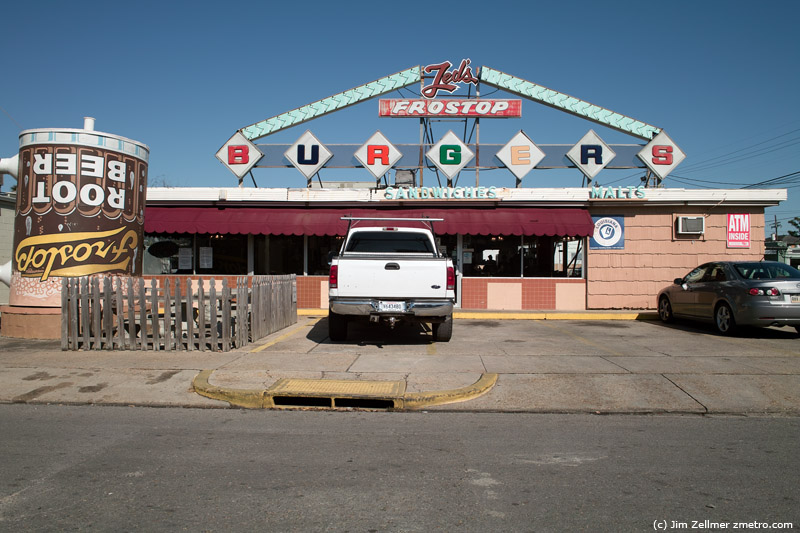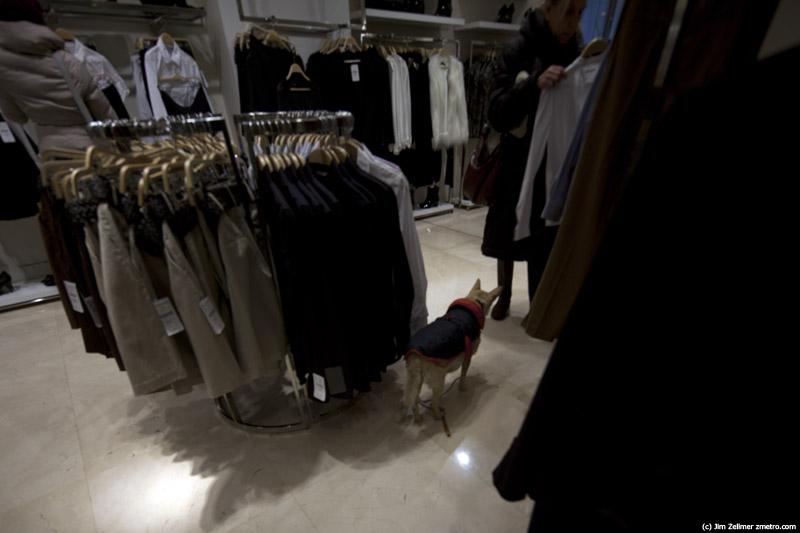A few weeks ago I was sitting in my office, reading Foreign Policy magazine, when I made a striking discovery. Sitting next door to me, separated only by a narrow partition, is one of the world’s leading thinkers. Every year, Foreign Policy lists the people it?regards as the “Top 100 Global Thinkers”. And there, at number 37, was Martin Wolf.
I popped next door to congratulate my colleague. Under such circumstances, it is compulsory for any English person to make a self-deprecating remark and Martin did not fail me. The list of intellectuals from 2010, he suggested, looked pretty feeble compared with a similar list that could have been drawn up in the mid 19th century.
This was more than mere modesty. He has a point. Once you start the list-making exercise, it is difficult to avoid the impression that we are living in a trivial age.
The Foreign Policy list for 2010, it has to be said, is slightly odd since the magazine’s top 10 thinkers are all more famous as doers. In joint first place come Bill Gates and Warren Buffett for their philanthropic efforts. Then come the likes of Barack Obama (at number three), Celso Amorim, the Brazilian foreign minister (sixth), and David Petraeus, the American general and also, apparently, the world’s eighth most significant thinker. It is not until you get down to number 12 on the list that you find somebody who is more famous for thinking than doing – Nouriel Roubini, the economist.
Avoiding a U.S.-China cold war
America’s exceptionalism finds it natural to condition its conduct toward other societies on their acceptance of American values. Most Chinese see their country’s rise not as a challenge to America but as heralding a return to the normal state of affairs when China was preeminent. In the Chinese view, it is the past 200 years of relative weakness – not China’s current resurgence – that represent an abnormality.
America historically has acted as if it could participate in or withdraw from international affairs at will. In the Chinese perception of itself as the Middle Kingdom, the idea of the sovereign equality of states was unknown. Until the end of the 19th century, China treated foreign countries as various categories of vassals. China never encountered a country of comparable magnitude until European armies imposed an end to its seclusion. A foreign ministry was not established until 1861, and then primarily for dealing with colonialist invaders.
America has found most problems it recognized as soluble. China, in its history of millennia, came to believe that few problems have ultimate solutions. America has a problem-solving approach; China is comfortable managing contradictions without assuming they are resolvable.
American diplomacy pursues specific outcomes with single-minded determination. Chinese negotiators are more likely to view the process as combining political, economic and strategic elements and to seek outcomes via an extended process. American negotiators become restless and impatient with deadlocks; Chinese negotiators consider them the inevitable mechanism of negotiation. American negotiators represent a society that has never suffered national catastrophe – except the Civil War, which is not viewed as an international experience. Chinese negotiators cannot forget the century of humiliation when foreign armies exacted tribute from a prostrate China. Chinese leaders are extremely sensitive to the slightest implication of condescension and are apt to translate American insistence as lack of respect.
Value of being ‘Made in Italy’
In Palazzo Strozzi, a Renaissance palace overlooking Florence’s Arno River, Ferruccio Ferragamo, scion of luxury shoe brand Salvatore Ferragamo, is explaining why his shoes are “Made in Italy”.
Mr Ferruccio’s father, Salvatore, put handmade shoes on the feet of Marilyn Monroe and Sophia Loren, Lauren Bacall and Judy Garland. But his son is supposed to be living in different times, where rising Chinese and Indian manufacturing power has put Italians out of business.
When Mr Ferruccio meets the Financial Times in December, he has another problem on his mind. He is having to ask Ferragamo’s workers, dotted in villages and factories around Florence, to keep working right up until Christmas day, almost a week longer than usual.
“We cannot make enough to keep up with the demand from the Chinese. They want their shoes not just made in Italy, but often made in Florence,” he says.
A decade ago, many economists and industrialists, in Italy and outside, were convinced that the myriad small and medium-sized businesses that make up the backbone of the country’s economy were in terminal decline. The Italians could not compete with rival manufacturing bases in Asia. Their productivity was too low and too costly. They did not have the infrastructure or heft to export their goods in the volumes necessary to ensure their survival.
Christmas in the Terminal

Burger Joint

Panorama: Lingotto Pinacoteca Giovanni e Marella Agnelli @ Turin
Pinacoteca Giovanni e Marella Agnelli:
In a fascinating space designed by the architect Renzo Piano inside the historic industrial complex of the Lingotto in Turin, the Pinacoteca Giovanni e Marella Agnelli permanently houses 25 masterpieces from Giovanni and Marella Agnelli private collection.
Opened on September 20th, 2002, the gallery marks the final step in the twenty-year-long restructuring process of the whole Lingotto site.
The structure that today hosts the picture gallery of the Giovanni and Marella Agnelli Foundation in the “Scrigno” (literally, jewel box or treasure chest, an extraordinary container that dominates the roof-top test track), is the result of a long historical and architectural process of development that begins at the turn of the twentieth century. After this huge conversion process, the 90 years old building maintains the architectural power and freshness of the car factory designed by Giacomo Mattè Trucco, and wends its way effortlessly to the Lingotto designed by Renzo Piano.
A stunning place, particularly the roof top race track on the old Fiat factory.
View the full screen panorama here.
When China Ruled the World Or why the “China Century” will be the shortest on record
I’m here to tell you that America plunged its fingertips into the Middle Kingdom’s body politic across the 1970s, beginning with Nixon going to China in 1972 and culminating with Jimmy Carter’s normalization of relations in 1979. The first embrace allowed aged Mao Tse-tung to extinguish his nonstop internal purge known as the Cultural Revolution by firewalling his fears of Soviet antagonism. The second cemented China’s wary-but-increasingly-warm relationship with the United States and allowed Deng Xiaoping, who narrowly survived Mao’s insanities, to dismantle the dead emperor’s dysfunctional socialist model, quietly burying Marx with the most revolutionary of eulogies — to get rich is glorious!
Deng chose wisely: Reversing Mikhail Gorbachev’s subsequent logic, he focused on the economics while putting off the politics. This decision later earned him the sobriquet “the butcher of Tiananmen” when, in 1989, the political expectations of students quickly outpaced the Party’s willingness for self-examination. But it likewise locked China onto a historical pathway from which it cannot escape, or what I call the five D’s of the dragon’s decline from world-beater to world-benefactor: demographics, decrepitude, dependency, defensiveness, and — most disabling of all — democratization.
Let us begin this journey right where Deng did, with a focus on the family.
Shopping with the Dog – Turin

The Hardy 2009-2010 Annual Report Photo
350K PDF. My dusk Hardy photo appears on the cover of their annual report. It was a beautiful evening. Much more on the Hardy Gallery, here.
I Chose Liberty
I Chose Liberty, a collection of short intellectual biographies of contemporary libertarians edited by Walter Block, is quite entertaining. Richard Epstein, Gordon Tullock, Judge Napolitano, John Hasnas, Ron Paul, Bryan Caplan, myself and many others are included.
